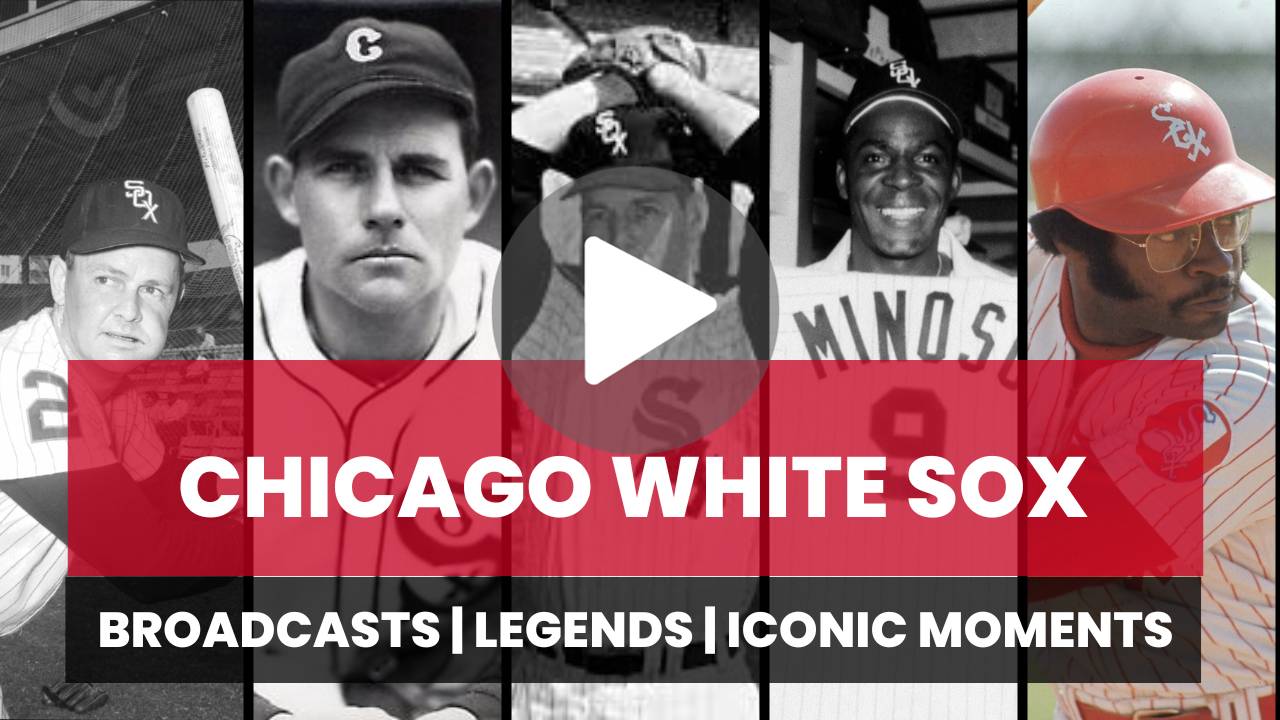Striking Out Stereotypes: Baseball’s Cultural Evolution
Striking Out Stereotypes: Baseball’s Cultural Evolution
Baseball, often referred to as America’s favorite pastime, is more than just a game of bats and balls. Throughout its history, it has mirrored the cultural shifts and social transformations of our society. What used to be a sport shadowed by stereotypes and exclusivity is now a beacon of progress, diversity, and inclusion. But how did this transformation occur? Let’s dive into the cultural evolution of baseball, examining how it has knocked stereotypes right out of the park.
The Early Innings of Inequality
Baseball’s beginnings were not a home run for inclusivity. During the late 19th and early 20th centuries, segregation was a stark reality in the sport. African American players faced blatant discrimination and were barred from participating in Major League Baseball (MLB). They crafted their own teams and leagues, notably the Negro Leagues, proving their prowess in parallel to their white counterparts. Statistics like these, while no longer reflecting today’s reality, are stark reminders of baseball’s initial reluctance to embrace diversity.
Jackie Robinson: The Man Who Stole Home and Hearts
The 1947 season marked a turning point when Jackie Robinson became the first African American to play MLB in the modern era, breaking the color barrier with the Brooklyn Dodgers. Robinson faced vitriol and hostility, but his resilience and excellence were unassailable. His .311 career batting average, Rookie of the Year honor in 1947, and Most Valuable Player award in 1949 are testaments to his impact and skill. He also helped the Dodgers win their first-ever World Series in 1955. His legacy is a cornerstone of baseball’s narrative, inspiring shifts in societal attitudes and policy.
Pitching for Progress: The Expanding Diversity
As the years progressed, MLB saw an influx of players from a myriad of backgrounds. Latin American stars brought flair and fervor to the field, while Asian players showcased meticulous skill and finesse. This blend of cultures reshaped the image of baseball, making it a global spectacle. The Dominican Republic, Venezuela, and Japan are now as much a part of baseball’s fabric as the United States, with players from these nations regularly featured in FanDuel MLB odds.
A Field Without Borders: Baseball’s International Flair
From the World Baseball Classic to the adoption of international talent, baseball’s horizon is as boundless as a ballpark’s outfield. Players from over 20 countries stand as a testament to the sport’s global reach. This widening scope reflects a growing appreciation for the unique talents and perspectives international players bring, altering the competitive landscape and fan experiences alike.
Swinging for the Fences: Women in Baseball
Women’s impact on baseball stretches from the All-American Girls Professional Baseball League of the mid-20th century to the increasing number of women in leadership roles today. While female players have yet to take their place in MLB, their influence echoes in front offices, broadcast booths, and managerial positions. Every crack of the bat by a woman in baseball shatters glass ceilings, echoing the mantra that baseball is truly for everyone.
Tomorrow’s Team: Youth Participation and Outreach
The future of baseball lies in the hands of the youth, and MLB understands this. With initiatives like RBI (Reviving Baseball in Inner Cities) and the Play Ball program, the sport has seen a resurgence in popularity among young people from diverse backgrounds. These efforts plant the seeds for the next generation of players and fans, cultivating a game more reflective of our society’s diverse tapestry.
Conclusion
Baseball’s cultural evolution is a narrative of resilience, diversity, and inclusion. What began as a sport mired in prejudice and segregation has matured into an arena celebrating players from every walk of life. The lesson from baseball’s history is clear: the sport continues to strike out stereotypes, touching all bases of social change, and scoring points for progress.
As its cultural evolution plays out, like the game itself, it promises excitement, hope, and a testament to the human spirit’s capacity for growth and unity. And, just as the unpredictable outcome of a ninth-inning showdown keeps us on the edge of our seats, baseball’s dynamic cultural shift keeps us rooting for what’s around the next corner.


